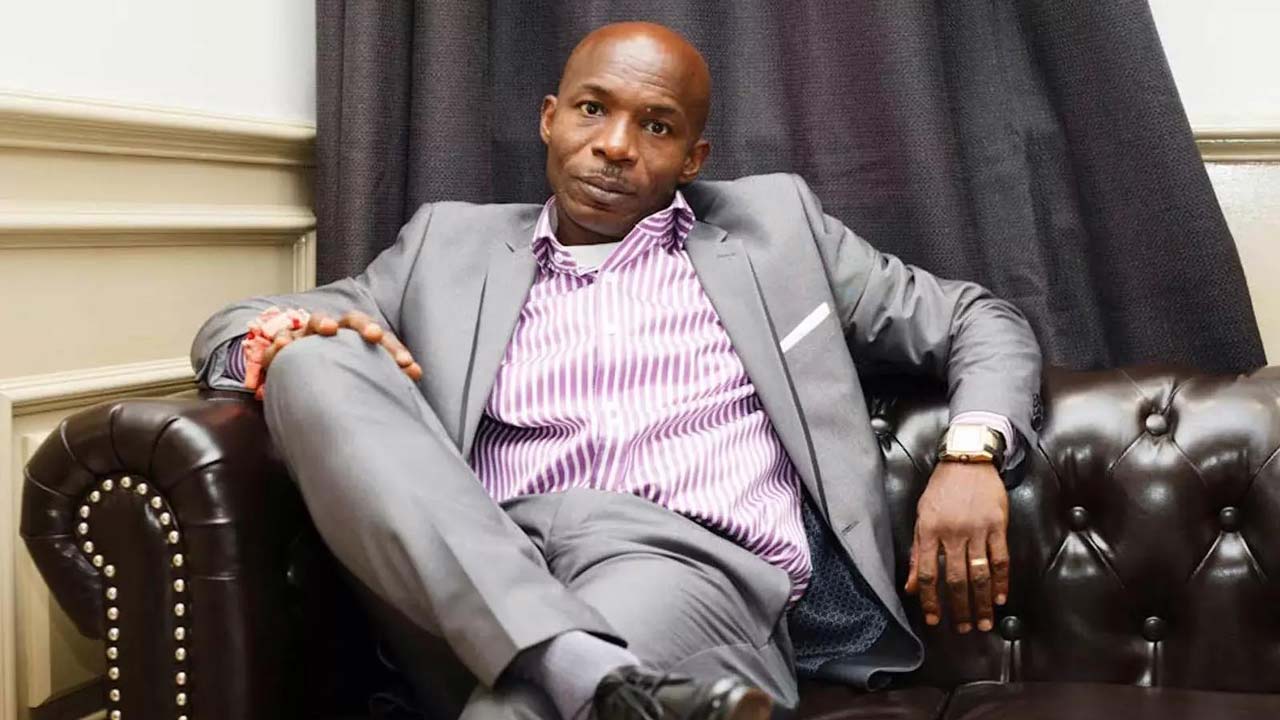Africa’s climate change crisis is a reflection of the burden and indebtedness of countries of the Global North, responsible for the extractive activities that have caused the massive devastation of the environment and the escalating and extreme climate impacts on the continent.
This was the verdict of over 100 representatives of African countries at the second African People’s Counter-COP in the Republic of Benin, with the theme: ‘African-Led Pathways to Climate Justice and System Change: Reclaiming Futures Beyond Extractivism’.
The African Climate Justice Collective (ACJC), which organised the summit, used the platform to directly challenge the United Nations Framework Convention on Climate Change (UNFCCC) Conference of Parties (COP).
They declared that the UNFCCC process has been co-opted by capitalism and the Global North, continuously sidelining African voices and worsening the climate crisis.
Coordinator of the ACJC, Rumbidzai Mpahlo, said: “The climate crisis ravaging Africa is not our fault; it reflects the debt owed by the Global North. While we contribute minimal emissions, we endure maximum suffering. This Declaration represents our unified demand to dismantle exploitative power and reclaim our future ahead of COP30.”
From the drought-stricken farmlands of the Sahel to the eroding coastlines of Ouidah in the Republic of Benin, the message from the APCC was that the era of extraction and exploitation must end.
On his part, the Director of Campaigns and Administration at the Community Development Advocacy Foundation (CODAF), Maimoni Ubrei-Joe, noted: “Our struggle is not just against carbon emissions but against a system that extracts from Africa without accountability. We are rejecting the illusion that corporate-led ‘green’ solutions can save us. What we need is a people-driven transition that restores power to communities, not profit to corporations.”
In her intervention, Khadija Abdulahi of Save Lamu in Kenya, stressed that the demands were rooted in lived experiences, adding: “In Lamu, we’ve seen how oil and gas projects threaten our homes, our sea, and our heritage.”
Also, Executive Director of Muyisi Environment Gabon, Ladislas Désiré Ndembet, linked extractivism to the erosion of democracy itself, saying: “When foreign companies dictate our energy policies, our sovereignty is compromised.”
“Ending fossil fuel extraction is not just about protecting the planet; it’s about reclaiming our political and economic independence,” he added.
Describing their demands as urgent and non-negotiable, the group argued that at the heart of the APCC’s declaration is a bold framework for systemic change that redefines what genuine climate justice means for Africa and the Global South.
In a communiqué issued by Benson Dotun Fasanya of the ACJC, noted that countries in the Global North must pay climate reparations, remediation and compensation – notas loans, but as grants.
“All exploration and production must be halted immediately. Africa’s future must be powered by grassroots-led, socially owned renewable energy systems that serve local communities first
“There should be an end to dangerous distractions: The APCC firmly rejects false solutions that commodify nature and deepen inequality. These include REDD+, carbon trading, Net Zero policies, waste-to-energy projects, and all forms of geo-engineering.
“We demand the Right to Say No! There must be free, prior and informed consent: Every community must have the legal and moral right to reject projects that threaten their land, lives, and culture. The ratification and enforcement of Free, Prior, and Informed Consent (FPIC) is non-negotiable.
“The ACJC calls on the media, policymakers and civil society worldwide to amplify these demands. The APCC Declaration is the true African-led pathway to addressing the climate, ecological and social crises,” the communiqué read.






